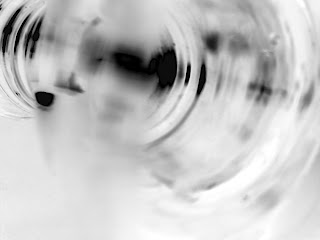
I am not sure what to think about this. The book won the Pulitzer Prize, so I would categorize it as literary, but I tend to view breakers of the limited omniscient rule to be older writers (nineteenth century and earlier) or nonliterary: weak writers or writers of formula fiction.
Perhaps this rule of keeping a point of view stable is unnecessary. Furthermore, Egan's book breaks all kinds of rules (genre rules, chronology rules), so that the nonstable point of view is just one of many experiments. Arguably these point- of-view shifts are a sign of a possible negative criticism of today's standard approach to narrative point of view.
The book's shifts in time and its multiple characters can be confusing at times--people who like realist narratives would find the point of view and time shifts distracting, gimmicky and ultimately unnecessary. I still recommend that writers not shift point of view within sections. Each section can have its own point of view, though. Multiple shifts in point of view is risky, so writers who use it must be aware of the risk and perhaps be clearer in other areas (setting, time) to help readers keep track of the narrative's overall arc or theme.
It's fine to break the rules, but the rule breaking needs to have a reason; Egan's book is about memory and the fragmentation of lives, so the rule breaking makes sense.




